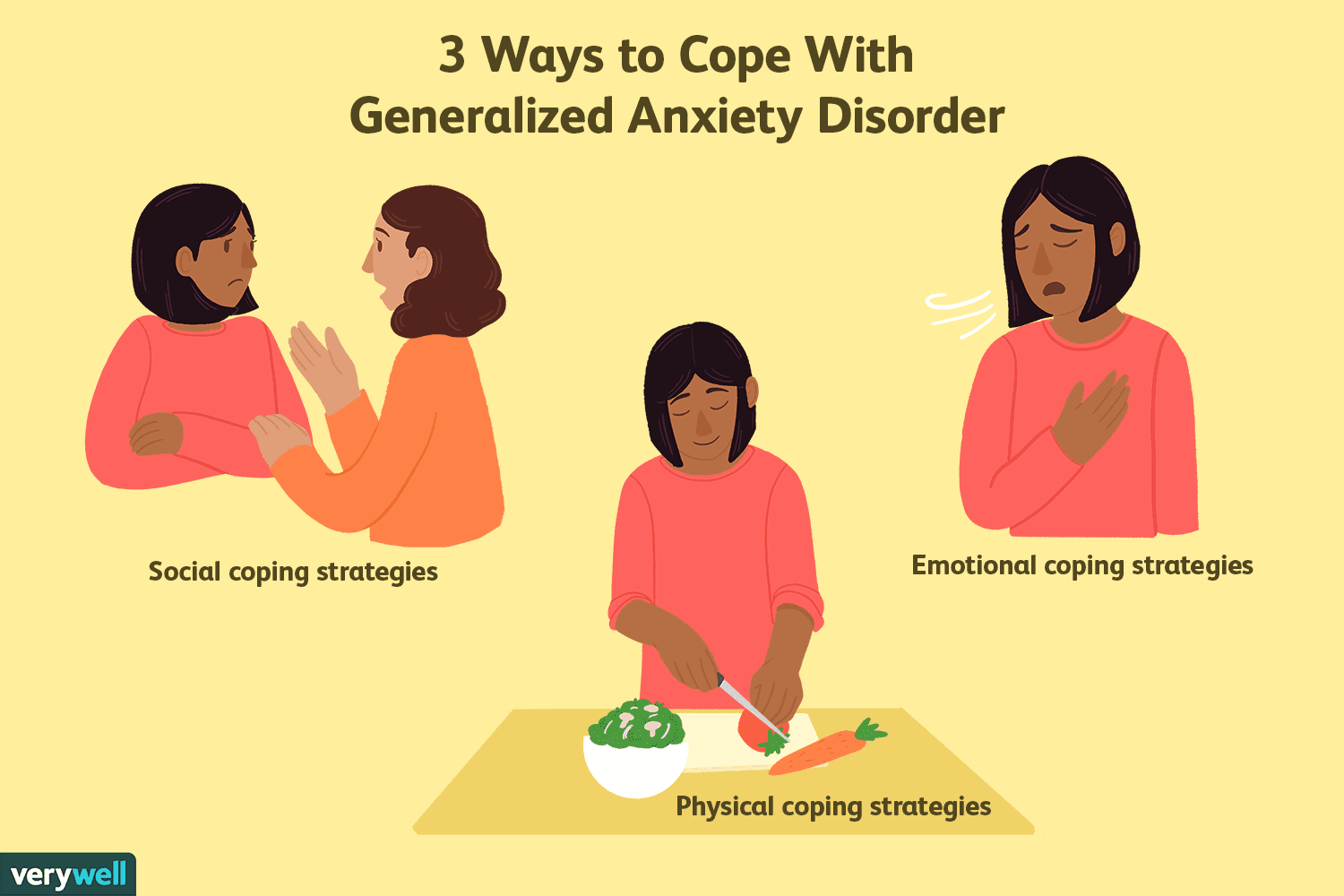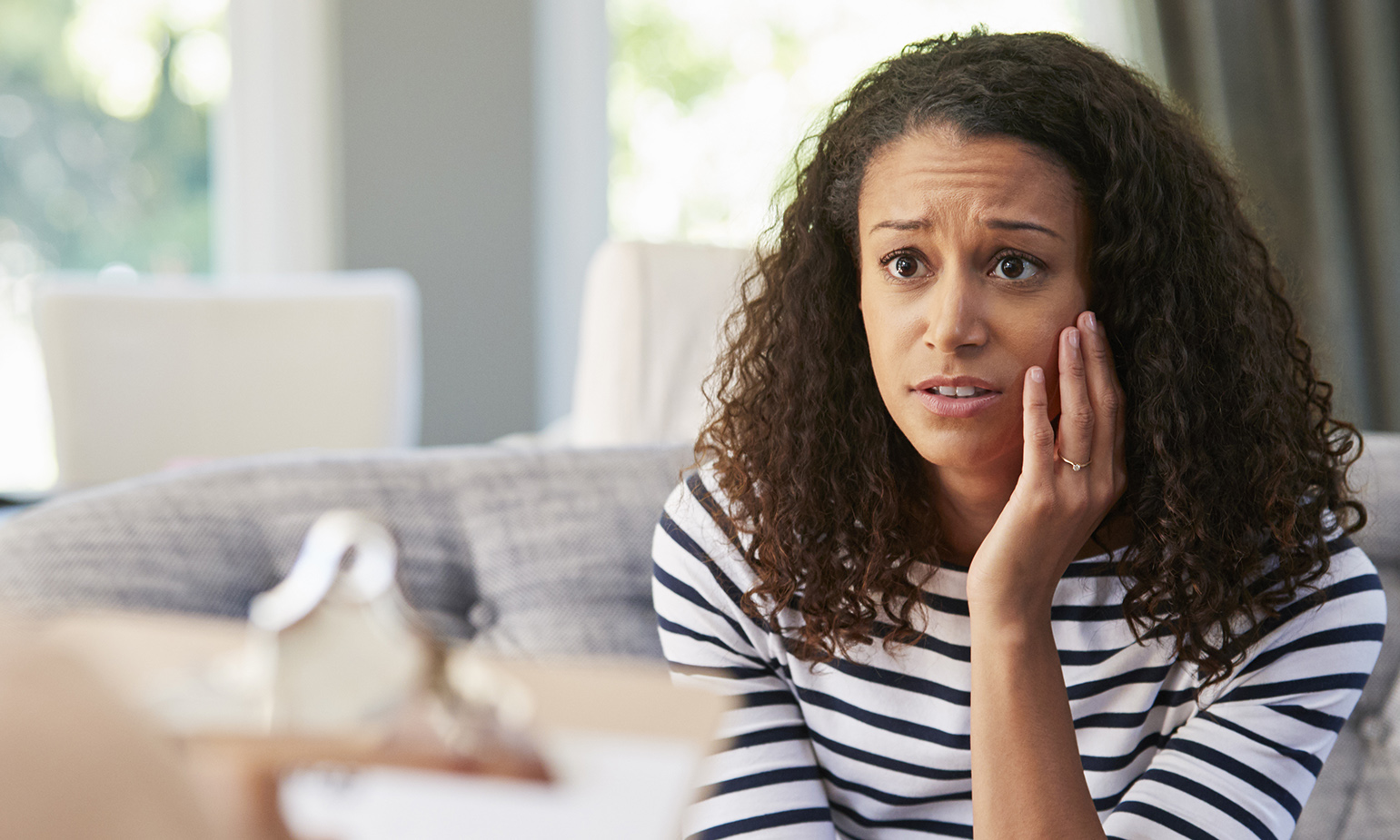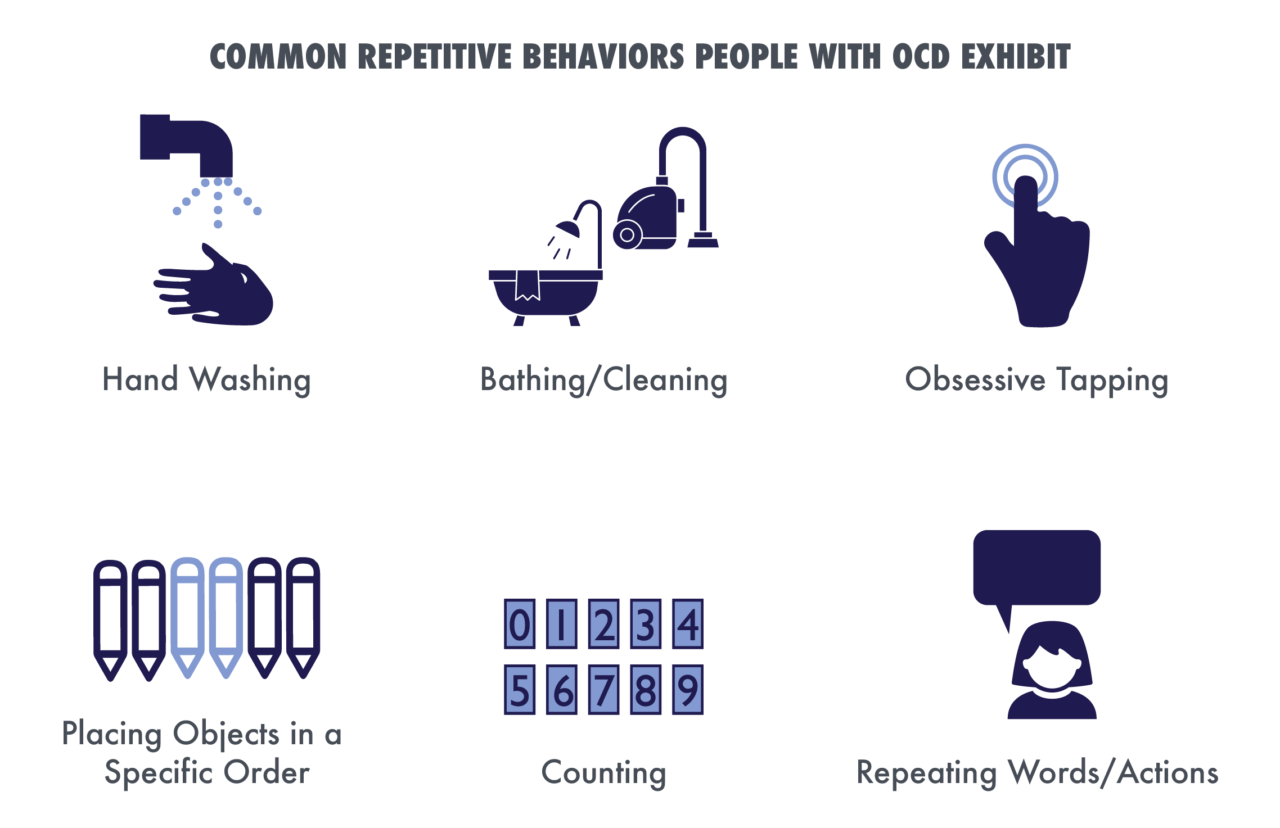What Types Of Treatment Are Available For Anxiety Disorders
In some cases, medications have a role in treating anxiety disorders. But for many, therapy—alone or in combination with medication—is the most effective treatment option. The reason being that therapy, unlike medication, gives you the tools to manage the anxiety yourself, now and in the future. Different therapeutic techniques have been developed to treat anxiety and have evolved over time from psychoanalytic approaches to the newest cognitive behavioral therapies. FilippoBacci / Getty Images About 19% of U (what is the best treatment for anxiety).S. adults and 31% of adolescents age 13 to 18 experience anxiety each year, according to the National Institute of Mental Health (NIMH). There are several major types of anxiety disorders that can be treated using therapeutic approaches, including: Regardless of the specific disorder, the underlying processes that drive them often follow a similar pattern.
/anti-anxiety-medications-2330663-2697221b2c12465c9c21360e68709411.png)
Unfortunately, this type of avoidance only serves to reinforce fears and worries. Most modern types of therapy address negative thinking and avoidance to help you manage your anxiety. The goal of all therapeutic approaches is to help you understand why you feel the way you feel, what your triggers are, and how you might change your reaction to them. Some types of therapy even teach practical techniques to help reframe your negative thinking and change your behaviors. Anxiety disorders differ considerably, so therapy is tailored to your specific symptoms and diagnosis. It can be conducted in an individual, family, couple, or group setting.
Anxiety Treatment When You Have No Money
Psychiatrists, psychologists, and other mental health professionals use several types of anxiety therapy. The choice of therapy also depends on your diagnosis and the severity of your symptoms. Cognitive behavioral therapy (CBT) is the most widely-used therapy for anxiety disorders. Research has found it to be effective in treating SAD, GAD, phobias, and panic disorders, among other conditions (anxiety treatment centers). The premise of CBT is that your thoughts—not your current situation—affect how you feel and subsequently behave. So, the goal of CBT is to identify and understand your negative thinking and ineffective behavior patterns and replace them with more realistic thoughts and effective actions and coping mechanisms.
For example, you might do a lot of "black-and-white" thinking, where you assume that things are all bad or all good. Instead, you would replace those thoughts with the more realistic perception that there are many shades of grey in between. It takes practice to use these strategies. Once you start to recognize your anxiety and your triggers, you can learn to apply the coping skills that you learn in CBT to manage fear, panic, and worry (what is the treatment for anxiety disorder). Exposure therapy is one of the most common CBT methods used to treat a variety of anxiety disorders, including specific phobias, SAD, and PTSD (anxiety treatment without medication).
What Is The Best Natural Treatment For Anxiety
During exposure therapy, your therapist will slowly introduce you to anxiety-producing objects or situations. This is often done using a technique known as "systematic desensitization," which involves three steps: : Your therapist will teach you relaxation training to help combat your anxiety. Examples of relaxation training include progressive muscle relaxation, deep breathing, meditation, and guided imagery. : Create a list of your anxiety-provoking triggers, ranking them in terms of intensity. :In this final step, you'll gradually work your way through your listed anxiety-provoking objects or situations, using the relaxation techniques when necessary. There are several ways your psychologist may choose to expose you to your anxiety-provoking stimuli.
: In this method, you'll face your anxiety-provoking object or situation in real life. So with this type of exposure, a person with social anxiety might be instructed to give a speech in front of an audience. stomach anxiety treatment. : In some cases, virtual reality can be used when in vivo exposure isn't possible. Virtual reality therapy uses technology to combine elements of in vivo and imaginal exposure. This method has proven especially helpful for soldiers and others who live with PTSD. Dialectical behavior therapy (DBT) is a highly effective type of CBT. Originally used to treat borderline personality disorder (BPD), DBT is now used to treat a variety of conditions, including anxiety.
https://freedom-now-clinic.business.site/
https://batchgeo.com/map/5b6b374a0283bf9eeb7bc1ff75569553
https://batchgeo.com/map/f0730236435ca108599d6a8f7f270f19
https://goo.gl/maps/532LfrVxFMCk8XEE8
https://goo.gl/maps/qcDVMJVxsc1Wj1iF8
https://goo.gl/maps/D64k6EkK7apGBDLD6
https://twitter.com/i/moments/1385258139566678022
https://earth.google.com/web/data=Mj8KPQo7CiExLXhzQjBqLXFBdjhmNEVSbml2Z25xZi01WU9qb0tRSkQSFgoUMDYxODdBNzUyNTFBMkZBNDNERUM
What Is The Best Treatment For Anxiety
During DBT treatment, you'll learn to both accept your anxiety all the while actively working to change it. It's similar to the notion of loving yourself the way you are, while still trying to change yourself for the better. DBT treatment teaches four powerful skills: : Connecting with the present moment and notice passing thoughts (like anxiety) without being ruled by them : Managing your anxiety when faced with a stressful situation : Learning how to say no, or ask for what you need : Managing anxiety before they get out of control Acceptance and commitment therapy (ACT) is another form of therapy that has been shown effective for a variety of anxiety disorders (what is the treatment for anxiety disorder).
Art therapy is a non-verbal, experience-oriented therapy. It involves either using visual art (such as painting, drawing, sculpting) to express and process emotion or using art to practice mindfulness and relaxation. Although it can be provided as a standalone therapy, it's commonly used in combination with other treatment methods such as CBT. Being a newer form of therapy, more research is needed to confirm its effectiveness in reducing anxiety symptoms. According to this Freudian model, anxiety symptoms reflect unconscious conflicts. The purpose of psychoanalytic therapy is to resolve them. In psychoanalysis, you and your therapist examine your thoughts, fears, and desires to better understand how you view yourself and to reduce your anxiety.
Cold Shouldee Treatment When Im Having Anxiety
The terms "psychoanalysis" and "psychodynamic therapy" are often used interchangeably, but psychoanalysis is actually a subset of psychodynamic therapy. Interpersonal therapy (IPT) focuses on social roles and relationships. In IPT, you'll work with your therapist to identify any interpersonal issues you may have, such as unresolved grief, conflicts with family or friends, changes in work or social roles, and problems relating to others. You'll then learn healthy ways to express emotions and ways to improve your communication with others. Although originally developed to treat major depression, IPT may be used if your anxiety relates primarily to your relationships with other people, as is the case with SAD.
Sometimes this is the case. But much of the time, you feel worse before you start feeling better. Surprisingly, feeling worse is often a sign of progress. And if you think about it, that makes sense. When you make the decision to enter into therapy, it's often because you haven't been able to work through your anxiety on your own. Therapy involves exploring your anxiety and the reasons behind it in a deeper, more meaningful way. This can cause a temporary spike in your anxiety. Therapy should never be thought of as a quick fix. It's a process that's unique to each individual.
What Speciality Is Treatment Anxiety Disorders
It's important to understand that though the process won't always feel good, it will be completely worthwhile in the end. Trying to make a change can be a challenge. Being in therapy for anxiety is no exception. However, if you are persistent, you should see improvement. Here are a few ways to make the most of your therapy—and actually see some results: Don't pretend to be OK Ask questions Tell your therapist anything and everything Do the work outside your sessions Focus on your goals Practice healthy lifestyle choices Make sure you have a social support system Reduce stress in your life that makes your anxiety worse In this way, you can see that putting in an effort and being present throughout the therapy process will have the biggest impact on how well it works for you.
If you are diagnosed with an anxiety disorder, an effective treatment plan that includes one of the therapies mentioned above can be devised that will help you to overcome symptoms and manage your anxiety.
How To Begin Treatment Anxiety
Whether you’re suffering from panic attacks, obsessive thoughts, unrelenting worries, or an incapacitating phobia, it’s important to know that you don’t have to live with anxiety and fear. Treatment can help, and for many anxiety problems, therapy is often the most effective option. That’s because anxiety therapy—unlike anxiety medication—treats more than just the symptoms of the problem. Therapy can help you uncover the underlying causes of your worries and fears; learn how to relax; look at situations in new, less frightening ways; and develop better coping and problem-solving skills. Therapy gives you the tools to overcome anxiety and teaches you how to use them.Anxiety disorders differ considerably, so therapy should be tailored to your specific symptoms and diagnosis.
Freedom Now Clinic
236 SE 23rd Ave, Boynton Beach, FL 33435
GW4P+R9 Boynton Beach, Florida
https://myfreedomnow.com/
http://www.google.com/maps?cid=12278797236213159775
https://goo.gl/maps/Vdzn5RmK8tqY2oGZ6
Videos:
https://youtu.be/rzFp3wyuKdg
https://vimeo.com/540237982
More Information:
https://freedomnowclinic.blogspot.com/2021/04/anxiety-treatment-boca-raton-freedom.html
https://www.buzzsprout.com/952096/8384765-anxiety-treatment-boca-raton-mental-health-treatment-in-south-florida-freedom-now-clinic


:max_bytes(150000):strip_icc()/generalized-anxiety-disorder-treatment-4171993-004f467a34c4479d8c50a74707e59477.png)
